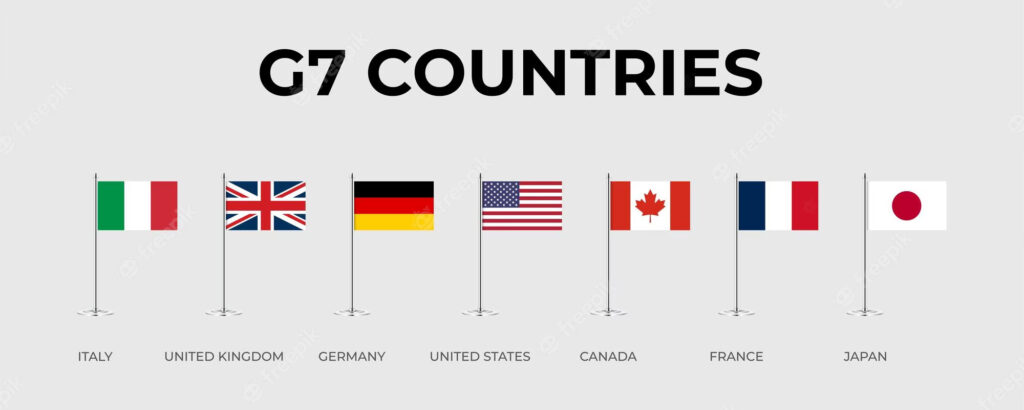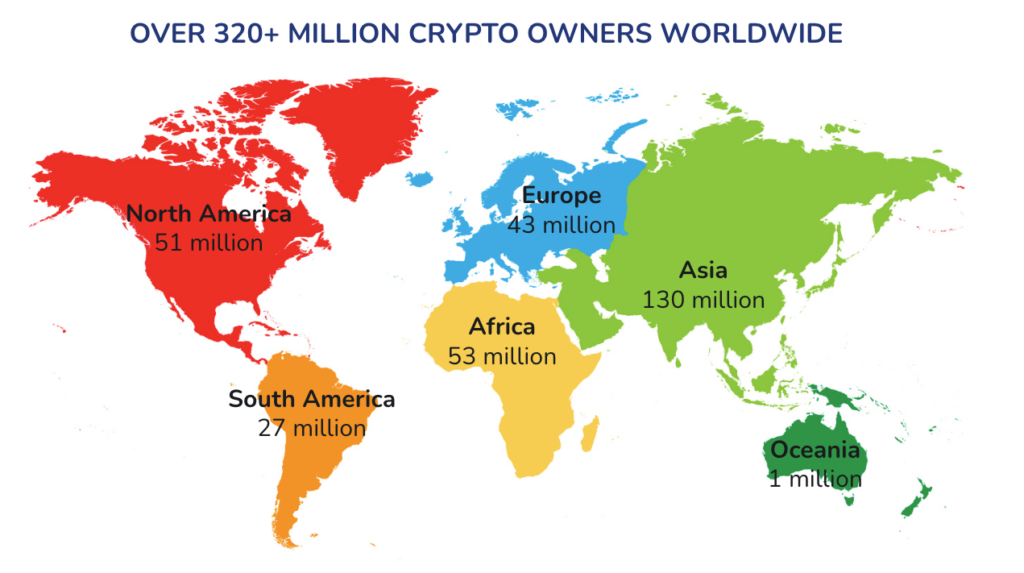views
In the past few years, cryptocurrencies have gained widespread popularity and have become a significant part of the global financial landscape. But, considering the recent collapses and insolvencies of key crypto exchanges, the urgency for Stricter Crypto Regulations is quite evident.
To that end, a report from a Japanese media outlet, Kyodo, revealed that the G7 countries might push for tougher crypto regulations around the world in its upcoming meeting.
The international Group of Seven is a political forum consisting of Canada, France, Germany, Italy, Japan, the United Kingdom, and the United States. They are some of the world's most advanced economies and account for a significant portion of the global GDP. Therefore, their collaboration on crypto regulation is likely to have a significant impact on the crypto industry.

As per reports, the next G7 meeting may see a push from the world's seven largest democracies for stricter crypto regulations. The reports further added that leaders from G7 countries will outline a collaborative strategy to increase crypto transparency and consumer protections, as well as address potential risks to the global financial system.
This year's G7 summit is expected to be held in Hiroshima in May. Apart from that, the G-7 will speed up related discussions in readiness for a meeting of finance ministers and central bankers in mid-May, only days before Japanese Prime Minister Fumio Kishida hosts this year's summit in Hiroshima.
Among G7 countries, Japan already regulates cryptocurrencies. Meanwhile, the European Union's Markets in Crypto-Assets (MiCA) regulation is expected to come into place in 2024.
In addition, the United Kingdom is gradually establishing its crypto framework, with the introduction of a dedicated category for cryptocurrency holdings on tax forms and ongoing plans for a digital pound.
Canada treats digital assets as securities, and the United States currently implements existing financial regulations for crypto, with Congress expected to pass a crypto regulatory framework in the coming months.
Apart from that, Italy currently has no specific crypto regulations. But they have proved ambiguous in terms of classification within the current tax structure. Furthermore, Germany is currently in the early stages of implementing crypto-regulations.
And talking about France, the country has established a regulatory framework for cryptocurrencies that is essentially based on two regimes: the token sale or ICO (Initial Coin Offering) visa and the registration and licensing of Digital Assets Service Providers ("DASPs").
This indicates that G7 members already have experience dealing with certain circumstances that must be addressed while establishing a global regulatory framework. Meanwhile, in the past few months, several international institutes have issued warnings regarding regulating crypto assets, urging nations to permanently remove cryptocurrencies from legal tender status.
The G7's commitment to collaborate on Stricter CryptoRregulations represents a turning point for the crypto industry. While cryptocurrencies have brought about exciting possibilities and opportunities, their decentralized nature and anonymity have also raised concerns about potential abuse. The G7 recognizes that cryptocurrencies pose unique challenges to global regulatory systems, and they are taking action to mitigate these risks.
This move towards tighter crypto regulation is likely to have far-reaching implications for the future of cryptocurrencies and the wider financial system. If implemented effectively, it could help to promote stability, transparency, and legitimacy in the crypto market, which in turn could attract more institutional investors and broader mainstream adoption.
To know more about G7's plans to implement Stricter Crypto Regulations, go check out SunCrypto Academy.
Your email address will not be published. Required fields are marked *
Name *
Email *
Website
Comment *
Save my name, email, and website in this browser for the next time I comment.












